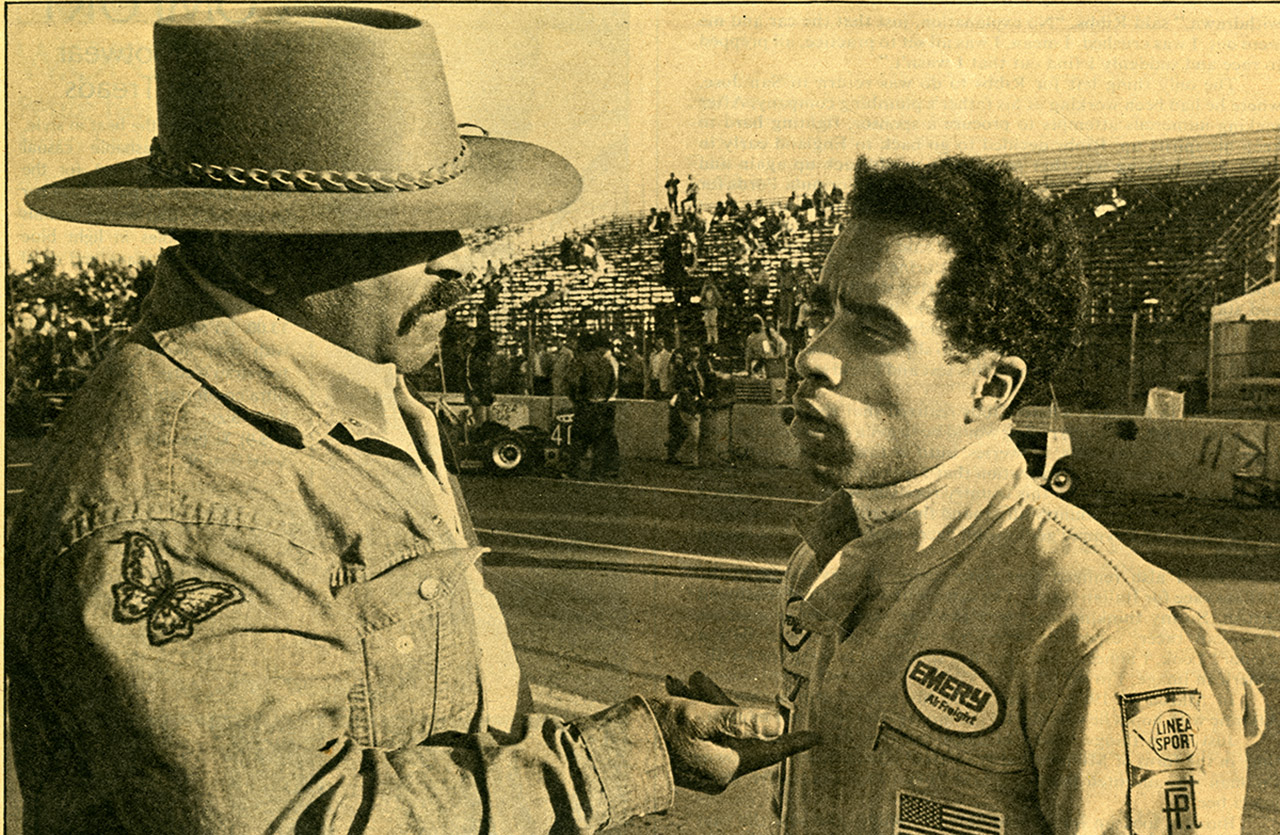Originally written by Estella Inda.

"In celebrating Black History Month we can seize the opportunity to honor the too-often neglected accomplishments of Black Americans in every area of endeavor throughout our history." — President Gerald Ford
Celebrating a Local Family
Once celebrated for just a week in February, black history is now honored nationally for the entire month. On this occasion, we would like to highlight a family that made a remarkable impact on our San José history—the Ribbs.
Clyde and Ola Ribbs
In 1919, Clyde and Ola Ribbs moved to San José. Clyde worked many different jobs, including night watchman, janitor, shoe shiner, and private chauffeur, before becoming an expressman. He purchased Jones Transfer, a courier company which at the time consisted of one truck and a stand at Second and San Fernando Street. This was one of the first African American-owned businesses in San José.
Ola Ribbs was a community activist. Before her death she was credited with being the oldest living member of the Garden City Women’s Club and the Secretary of the NAACP. She also served as an officer of the Observatory Chapter, which was a part of the Order of Eastern Star, and was active with the Council of Civic Unity.
Henry and Nora Ribbs
Henry Ribbs moved to San José in 1920 and was joined by his wife, Nora, two years later. Henry was an apprentice for the Valley’s first African American plumber, Theodore T. Moss. In 1927, Henry became a licensed plumber and founded Ribbs Plumbing, Heating, and Sheet Metal. This was said to be one of the first such firms west of the Mississippi River to be owned by an African American. Henry joined the plumbers union in 1946 and helped others to do the same. He built five houses on his property off of Alum Rock Avenue (between Foss Avenue and Jackson Avenue) just down the street from his business. He retired a prosperous landowner and left the plumbing business to his two sons, Felix and William.
Nora Ribbs, like her sister-in-law, Ola, was a community activist. Nora was one of the founders of the Greenleaf Civic and Social Club in San José. She was a Worthy Matron of the Order of Eastern Star and established the Junior Choir at Antioch Baptist Church.
Willy T. Ribbs
It was said that Henry Ribbs had five rules for life which applied to all his children:
- Never say "can’t".
- You are only limited by what you want to do.
- You can do anything you want to do.
- Grab the bull by the horns.
- The world is your oyster.
These principles must have carried on through the generations, especially when it came to Henry’s grandson, Willy T. Ribbs.
In 1977, Willy entered the English Formula Ford Championship as a rookie driver, winning first place in six out of eleven races. In 1986, Willy became the first African American to drive a Formula One car. In 1991, he became the first African American to qualify for Indianapolis 500. Recently, Netflix produced a documentary film about Willy titled Uppity: The Willy T. Ribbs Story.
Left an Imprint
In 1960, the street where Henry Ribbs build his give houses was officially named Ribbs Lane.
This is but one of the many stories that shaped San José's African American history. The journey wasn't easy for the Ribbs Family and many others, but their legacy still stands today.
More About Local African American History
Many more African American history resources for all ages can be found in San José Public Library's catalog.








Add a comment to: Celebrating Black History Month in the Archives